Protesting Serbian students to cycle 1,300km to Strasbourg
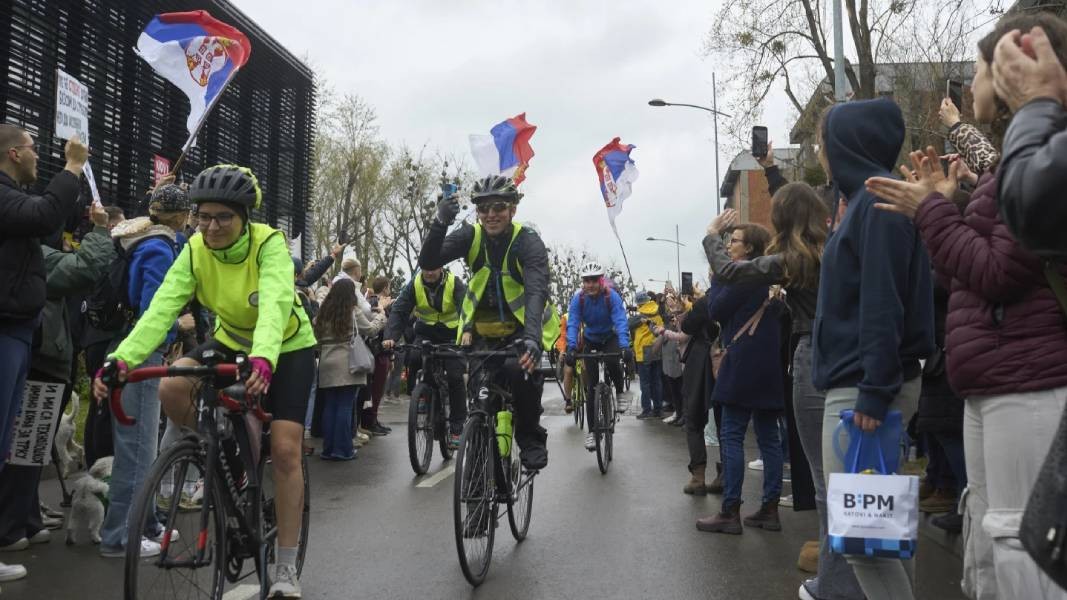
A group of 80 protesting students and other people from four Serbian universities – in Novi Sad, Belgrade, Niš and Kragujevac started cycling from the campus of the University of Novi Sad to the headquarters of the European Parliament and the Council of Europe in Strasbourg. The idea is to present their demands to these European institutions, BTA reported. The young people have been protesting for four months now, demanding criminal and political responsibility for the deaths of 16 people, caused by the collapse of the canopy at the Novi Sad railway station on 1 November 2024. According to the Serbian government, all of the protesters' demands have already been met.
To reach France, the students will travel through Hungary, Slovakia, Austria and Germany. They will travel more than 1,300km, which they say will take 12-13 days. At a press conference before their departure, the students said they had received help for their action from some farmers, motorcyclists, as well as Serbian citizens from the diaspora, who offered them accommodation in the cities they were passing through.
Greece with a plan to modernize its army for 25 billion euros
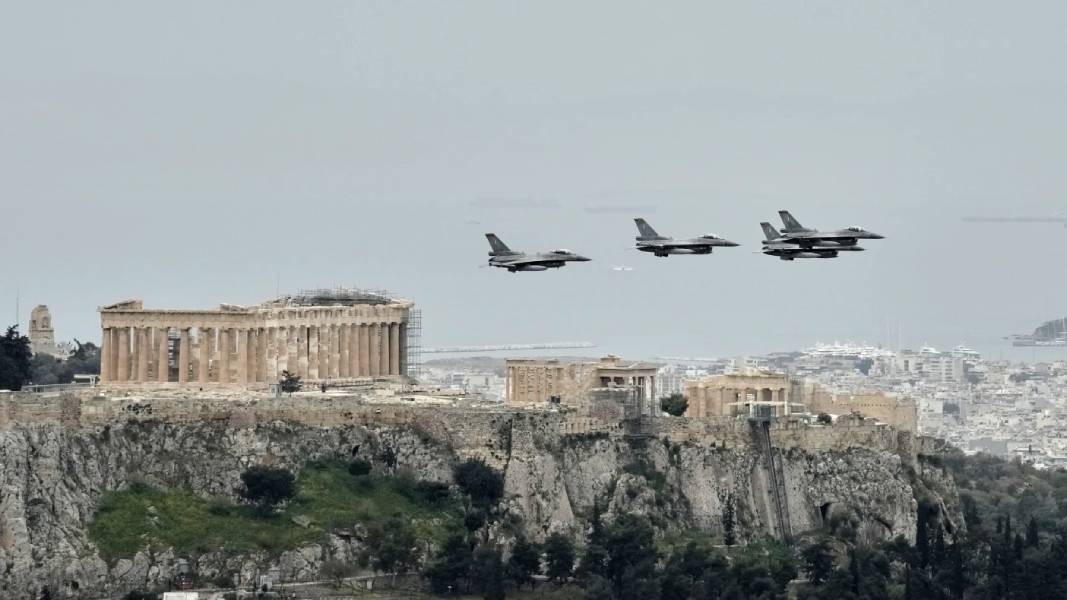
Greek Prime Minister Kyriakos Mitsotakis presented an ambitious plan for modernization of the army to the parliament in Athens. It involves allocating 25 billion euros for the implementation of a 12-year defence strategy, the aim of which is to integrate modern defence technologies, BNR correspondent Katya Peeva reported from Greece. The purchase of unmanned vehicles, aircraft, ammunition is planned, as well as the use of artificial intelligence in cyber defence.
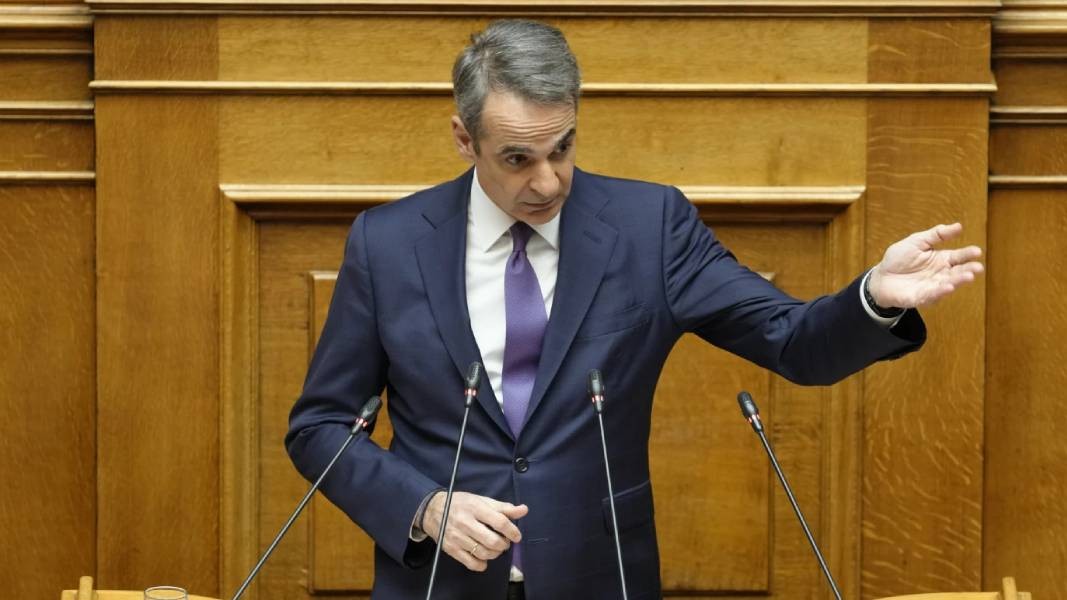
According to Mitsotakis, any major investment in defence will include the participation of the Greek defence industry. Greece currently has a strategic military cooperation agreement with France, from where it purchased 24 Rafale fighter jets and three submarines worth a total of over 5 billion euros. At the same time, Greece has deposits of the critical raw material gallium, which is used in the military industry and can cover the demand of all European countries.
Serbia and Hungary move towards a military alliance
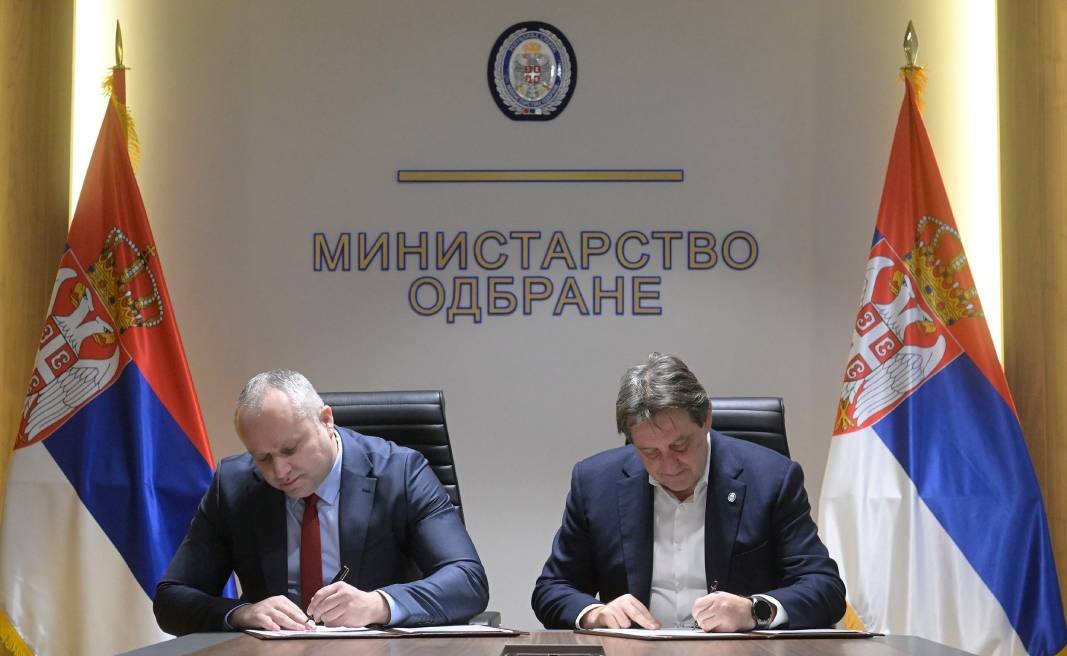
Serbia and Hungary are strengthening their military ties. The defence ministers of the two countries, Bratislav Gašić and Kristóf Szalay-Bobrovniczky, signed an agreement on strategic cooperation in the field of defence. This came after Kosovo, Albania and Croatia signed a trilateral declaration on defence cooperation in Tirana in March. The trilateral document caused a sharp reaction in Serbia, after it was perceived as a "threat to the security of the Serbian people and the entire region." The subsequent agreement between Serbia and Hungary includes plans to significantly expand joint military exercises, cooperation in the purchase of military systems and weapons. The number of joint military exercises is expected to increase from 48 in 2023 to 79. The next step, according to Serbian President Aleksandar Vučić, who was present at the signing, is the creation of a bilateral military alliance or union.
Romania prepares aid for companies affected by new US tariffs

The Romanian government is considering providing state aid to companies affected by the tariffs announced by President Donald Trump on April 2. "We will protect Romanian companies from the effects of the new trade war between America and Europe with all available resources. We are preparing measures to support all affected sectors through state aid schemes that are as effective and easy to implement as possible, in order to give effect in the shortest possible time," Prime Minister Marcel Ciolacu said at a government meeting on Thursday. The new tariffs on Romanian companies selling their products in the US are at the rate set by Trump for the EU – 20%.
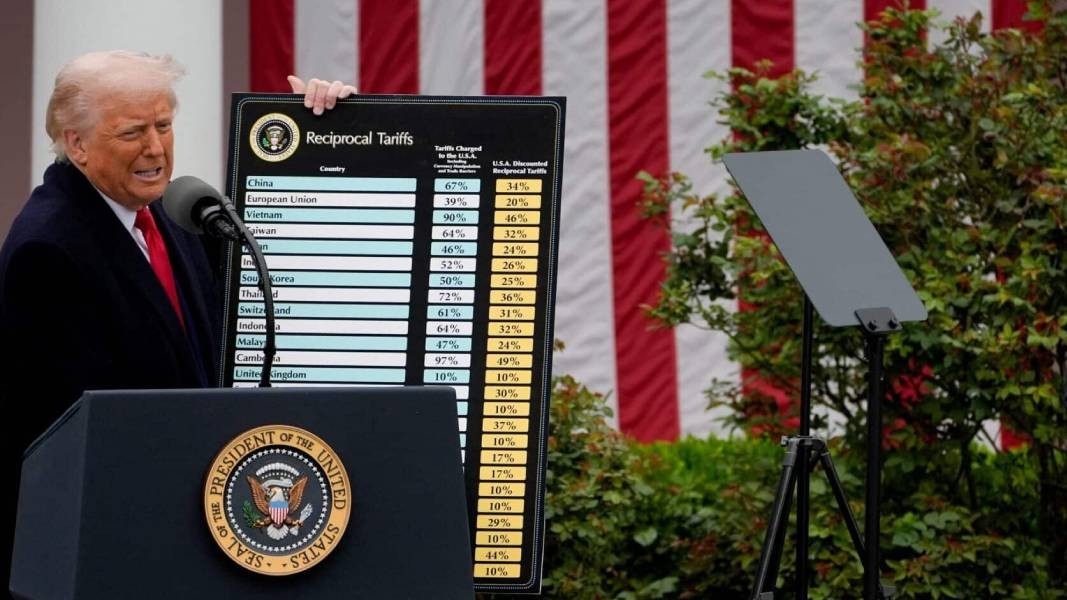
In 2024, Romania’s exports to the US were worth over 2.283 billion euros, while imports totalled 1.315 billion euros, Free Europe – Romania reports. According to Radu Burnete, executive director of the Concordia Employers' Confederation, the biggest impact on Romania will be indirect, through trade with EU countries. Industries that are part of global supply chains will be affected – the automotive and furniture industries, steel and iron production, rubber, industrial equipment and the food industry.
Compiled by: Miglena Ivanova
Publication in English:Al. Markov
Photos: apnews.com, mod.gov.rs, Press service of the Romanian government, balkaninsight.com
Making sense of the events from one whole year succinctly is, without doubt, a challenge, especially if we are talking about politics. The early elections for parliament, that have become something of a tradition in this country, took voters to the..
Romania closes dozens of border check points as of 1 January In connection with its full accession to the Schengen area, as of 1 January, 2025, Romania is closing more than 30 border check points on its borders with Bulgaria and Hungary, Radio..
From the distance of time, history and researchers will give their assessment of Bulgaria and its neighbourly relations in the first quarter of the 21st century. But even then, they will rely on the facts and perceptions of contemporaries about them...

+359 2 9336 661
